A crisis is facing the future of all heritage steam due to the shortage of suitable UK mined coal and the carbon impact of imports.
Members and experts representing all sectors of heritage steam transport gathered at Tenterden town station, home to the Kent and East Sussex Railway, this week to highlight the threat to the future of heritage steam in this country.
The planned closure of the final UK dry steam coal mine at Ffos-Y-Fran in Wales will affect many heritage properties and museums that rely on the revenue of steam-based events from tourism to survive.
Matt Hyner, trustee for the Kent and East Sussex Railway said; “The Kent & East Sussex Railway is extremely concerned that UK sources of the specialist coal we use will run out by the end of 2022.
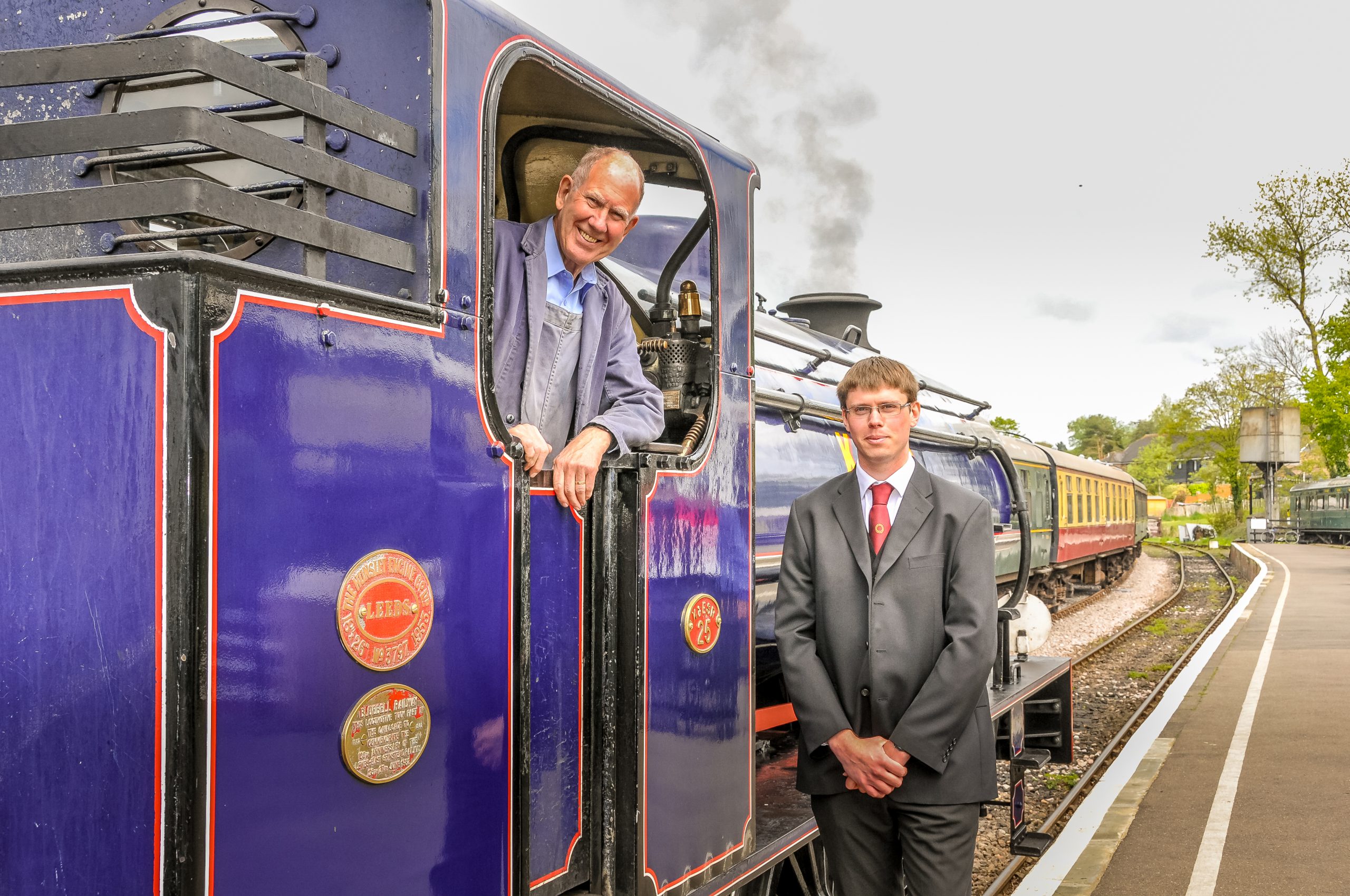
“The big concern is that we simply don’t know where the next batch of coal is coming from. When this is gone, what next? Prices have increased by 200% so far this year. The best solution in the medium term, for the environment and for stability of supply, is controlled extraction of high-quality UK coal for uses like heritage steam.
“We are therefore joining the Heritage Railway Association, and our colleagues across the preserved steam sector, in calling on UK governments to pause the planned closure and review the licensing of the Ffos-Y-Fran dry steam coal mine to ensure that attractions like ours, which rely on coal, will continue to flourish whilst minimising their environmental impact.”
Of the 12 million tonnes of coal used in the UK each year, 35,000 is used by the heritage steam sector, 26,000 tonnes of this by heritage and mainline railways. Other heritage steam usage includes marine steamships, historic road steam engines and steam exhibits in museums.
Bill Giles, organiser of the annual Weald of Kent Steam Rally at Woodchurch, said; “The planned closure of the last UK coal mines at the end of 2022 puts the entire heritage steam sector in crisis.
“Steam railways such as the Kent and East Sussex and the Bluebell Railway will be affected, steam fairs such as the Weald of Kent Steam Rally, the international steam rally in Dorset, and marine steam such as the Steam Preservation Society ships at Chatham Dockyard, due to take part in the Queen’s Jubilee flotilla this summer, will all suffer.”
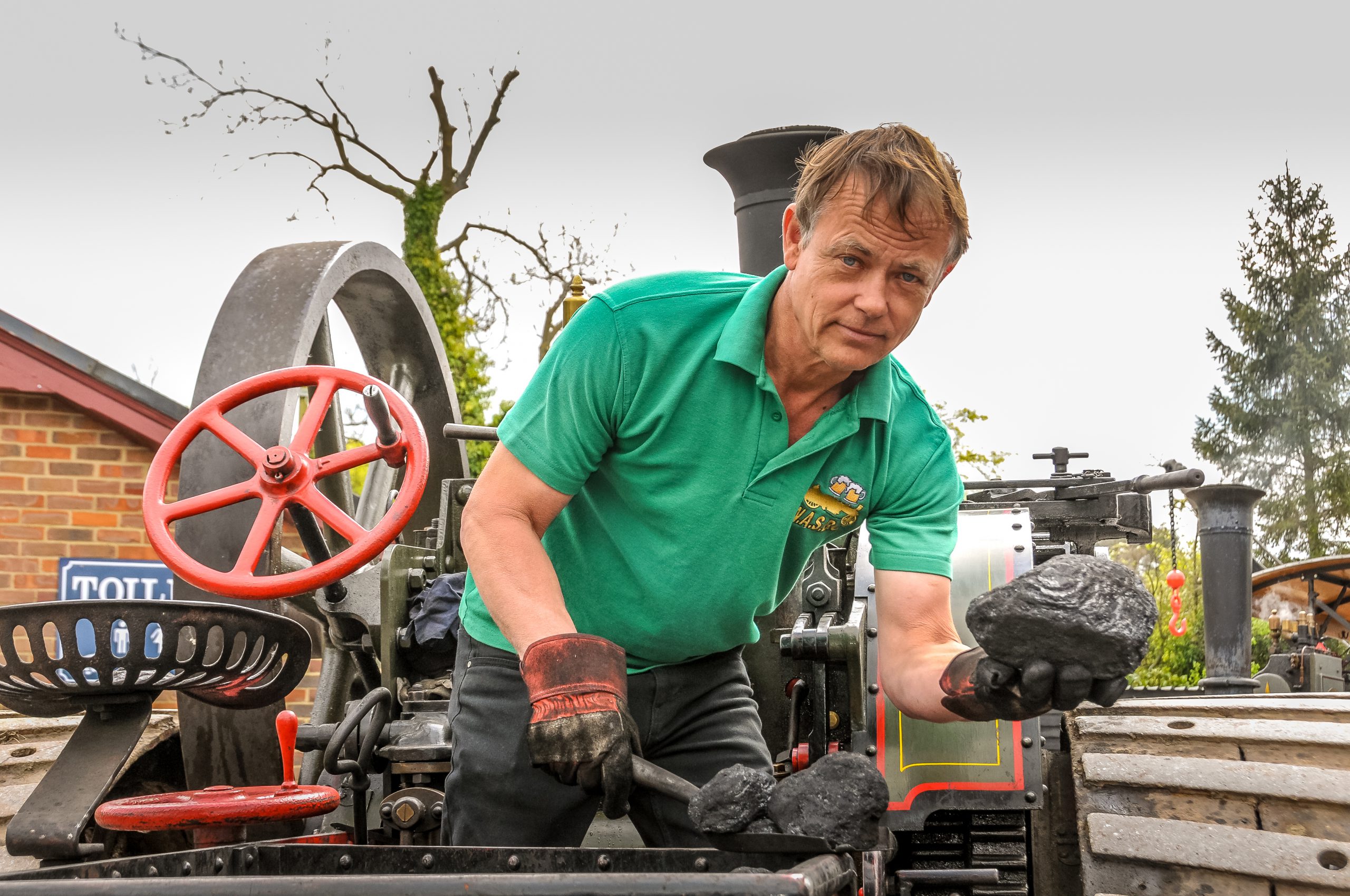
He added; “If the UK mined coal supply is cut off, the heritage steam sector will have to rely on imports from places like Kazakhstan and Colombia, which is lower quality ‘house coal’. It is smoky, emits higher particulates and lowers air quality. It is also expensive, which is another issue for so many heritage sites who are charitable status organisations and rely on volunteers and donations to survive.”
There are also worries over the carbon footprint of imported coal which has to travel thousands of miles before arriving at UK markets.
The conflict in Ukraine has further impacted the situation. The UK steel industry relies on 75% of coal imported from Russia. Currently, it is using all production of the last UK dry steam coal to fulfil its requirements.
There is no additional coal production available for the heritage steam sector which has been forced to exhaust supplies or look to e-coal alternatives, which are as yet unproven and very costly.
Experts want government action in the form of new licences being granted in the same way that new licences are being granted for the oil and gas sectors.
“We are talking months, not years” warned Bill Giles, before supplies are exhausted and excursions on steam trains, heritage steamships and traction engine rallies, really are a thing of the past.
Image Credits: Chris Lawson .



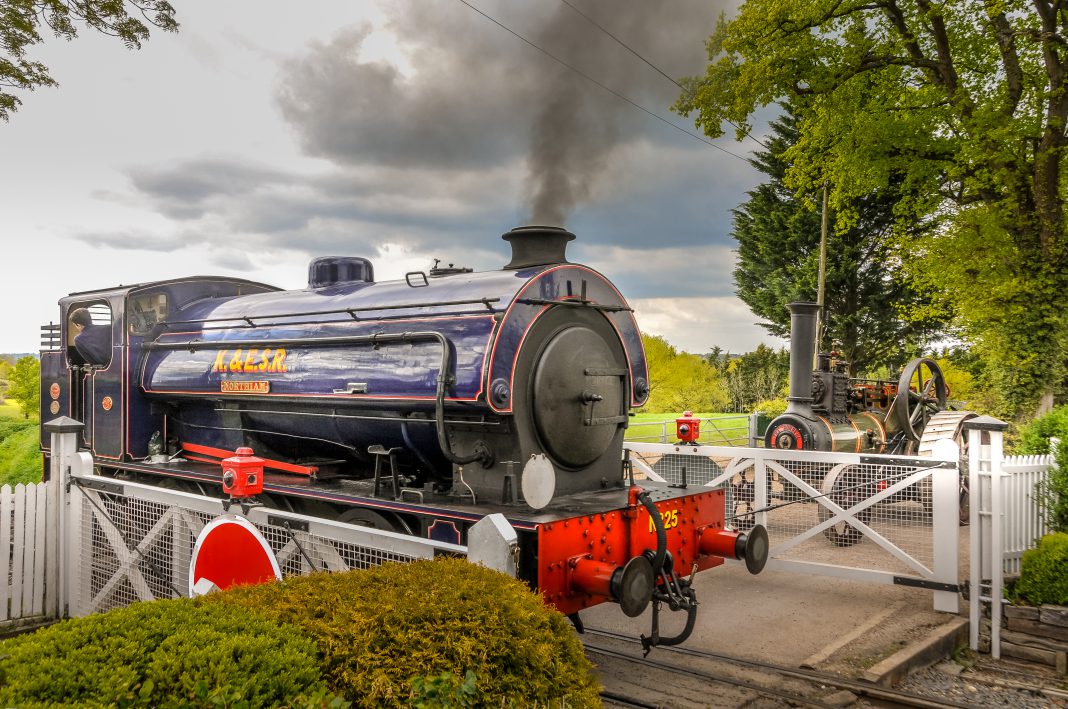
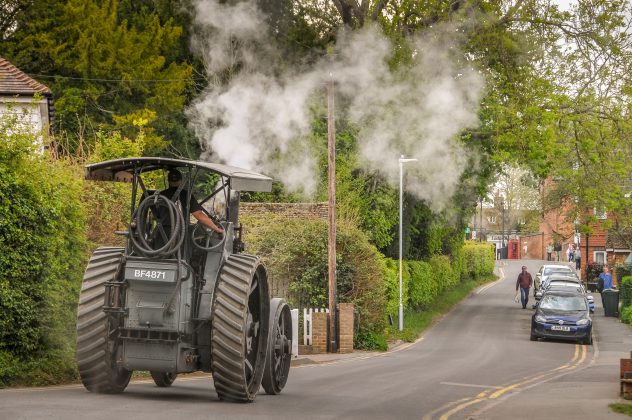
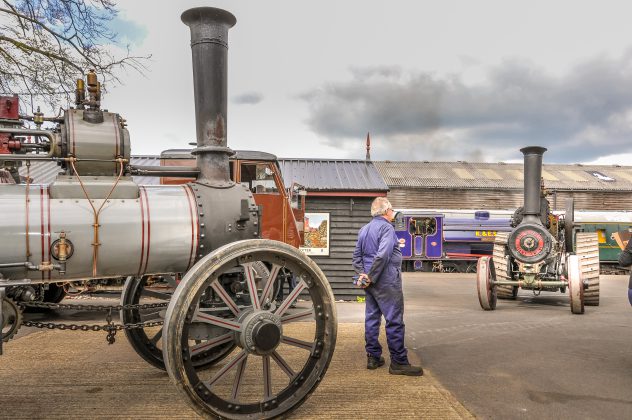
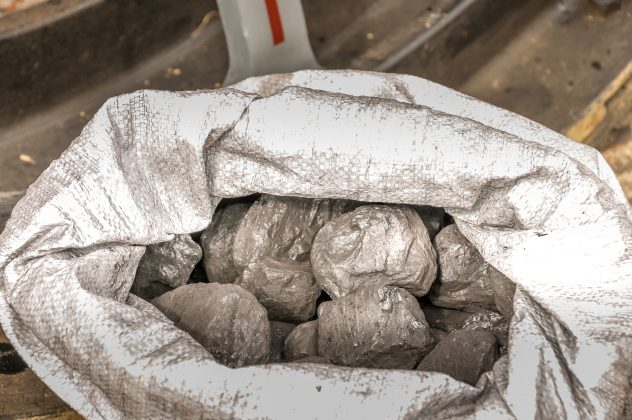
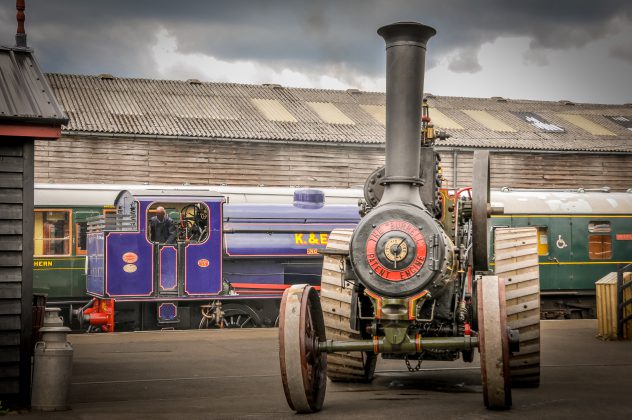
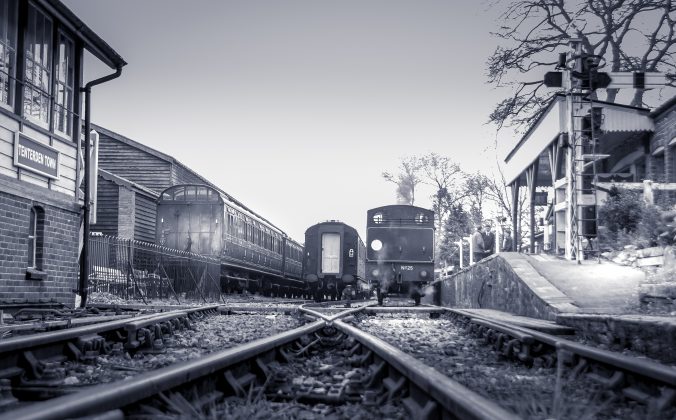
Sadly once again the Governments massively flawed energy strategy is creating unnecessary chaos. We will need fossil fuels for many years to come, and in some cases such as our heritage steam sector, for decades to come. The obsession with net zero is truly a major mistake, and in the UK amounts to no more than ‘green washing’ as we continue to import most of our fossil fuels. Let’s face it, if the UK contributes around 1.1% of global emissions, the heritage sector must be infinitesimally smaller. I think our heritage is worth saving for emissions that are well into the ‘noise level’ of accurate measurement.
So agree Richard.
Also the protestors – many of whom I notice have either already travelled the world, are financially secure – never protest against places such as China (whether by protesting outside the embassy or organising mass boycotts of unnecessary Chinese goods) which are huge energy consumers.
Our steam heritage events are enjoyed by so many – is there an online petition to keep the coal mine open?
As much as I like steam trains, I have no sympathy for the steam rail industry on this issue. It has had many decades to research alternatives to coal, has done nothing, and is now in a panic. It would be perfectly reasonable to mothball the sector until viable alternatives are available. There are alternatives that are close to being ready for production, such as: https://railinsider.co.uk/2022/02/28/heritage-rail-gets-closer-to-fuel-alternative/ .
The Grand Canyon Steam Train uses recycled vegetable oil: https://matadornetwork.com/read/grand-canyon-train-french-fry-oil/ . Why not support a local industry such as Rye Biofuels, rather than talking about relying on imports from dodgy places like Kazakhstan and Colombia? Even these alternatives are not free of fossil fuels, so there needs to be a wider discussion about the future of this sector, it is not a given that it has to survive.
We need to move out of the fossil fuel age, and we need to do so now.
The issue of coal and the satisfactory steaming of locomotives is not a simple one. Back in the earlier part of the 20th Century, each railway region, or private company, was designing engines, which usually had the local coal in mind – coal from different parts of the country being different in calorific value, moisture content etc, and hence steaming properties. Fire grates were designed to suit the properties of what would be burned.
So it’s not really a case of just obtaining a manufactured fuel such as Ovoids, and believing it will work satisfactorily, promising though the current work with CPL Ind’s is. Anthracite, which is an excellent steam coal, is also environmentally cleaner than other fossil fuels – mined in Wales.
I totally agree that we should not be relying on imported fuels from ‘dodgy’ places as you say. We have plenty of coal in the ground in the UK, and we should use it until greener sources of energy are affordable, practical, and reliable, which they are not right now.
But that is completely missing the point. Fossil fuels need to be left in the ground, and steam trains cannot again be used until greener sources of energy are available. I remember my grandfather telling a story how he and friends of his would regularly go and smoke cigarettes as children, just for the fun of it. Is smoking part of our heritage and something we should be encouraging, or playing with lead soldiers? Surely by now we realise that these things are dangerous and need to be left behind us. Burning of coal is particularly bad, not just in terms of climate change, but also in terms of particulate emissions. The only safe place for coal is in the ground. Surely steam engines can be admired in museums, where they probably now belong, rather than allowing them, amongst many other things, to knowingly and deliberately damage future generations just for ‘our fun’, our constant craving for instant gratification? Is it not high time to move on from climate change denial, do we really still need to be having this discussion in 2022?
I agree with Dominic. Heritage rail operators urgently need to look into alternative clean fuels and how to retrofit their locos to use them. If engineering changes are needed, so be it. Another option would be electric power, which is already being considered for large trucks and aircraft. The public’s interest in steam trains mainly lies in the engines’ appearance and ‘presence’, not that the locos are coal powered. Some people ignore the fact that global heating is an existential threat to humanity. We should be aiming for net zero as soon as possible and not arguing for fossil fuel ‘exceptions’ like heritage railways because we can’t be bothered to make the effort to adapt them to use clean power. Anyone who argues for continued fossil fuel use, for whatever reason, is on the wrong side of history. Regarding coal types, there is no such thing as a clean coal, as all of them produce particulates and carbon dioxide, which adversely affect our health and our survival as a species. Taking a jaunt on a polluting coal powered steam train sends all the wrong messages about failing to address climate change. People need to understand the reality that atmospheric carbon is continuing to increase and must be reduced if humans are to survive.